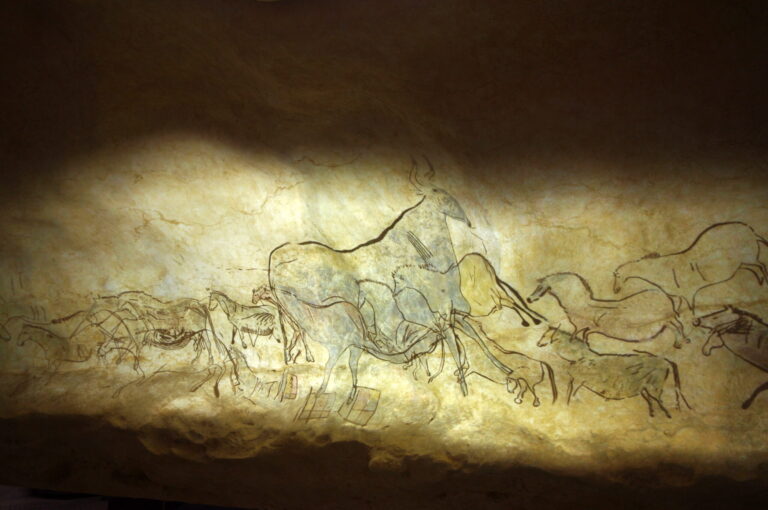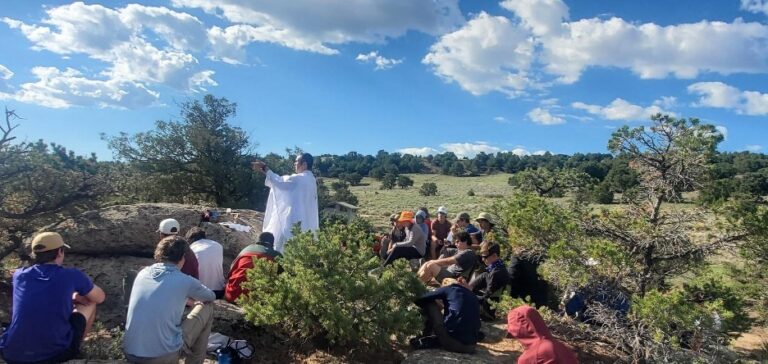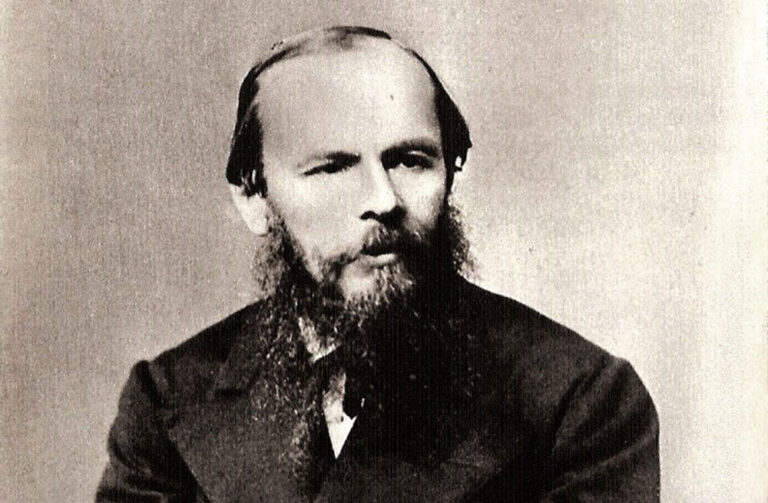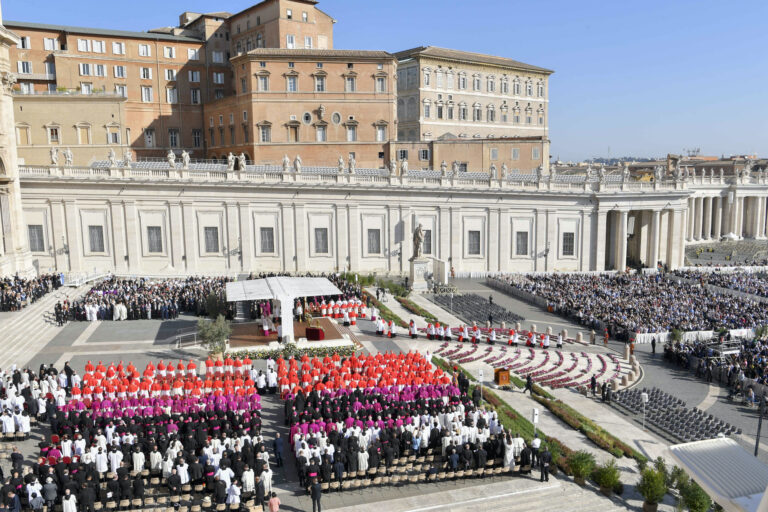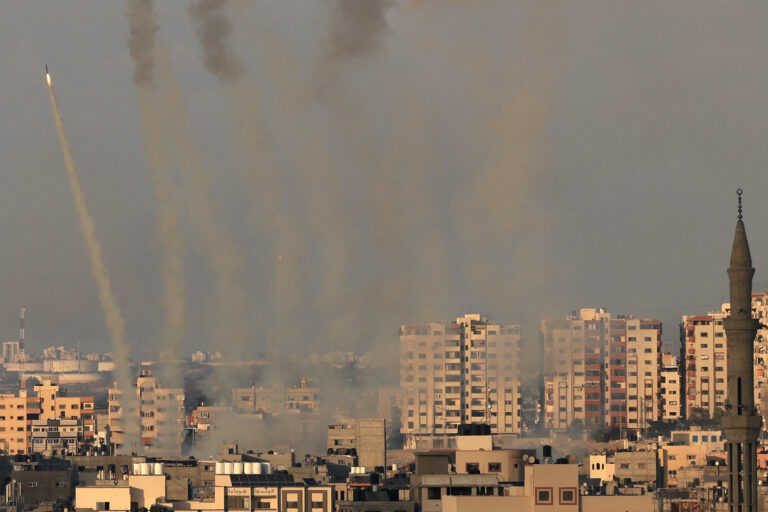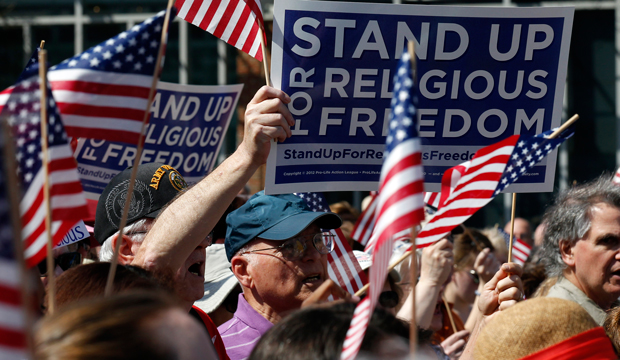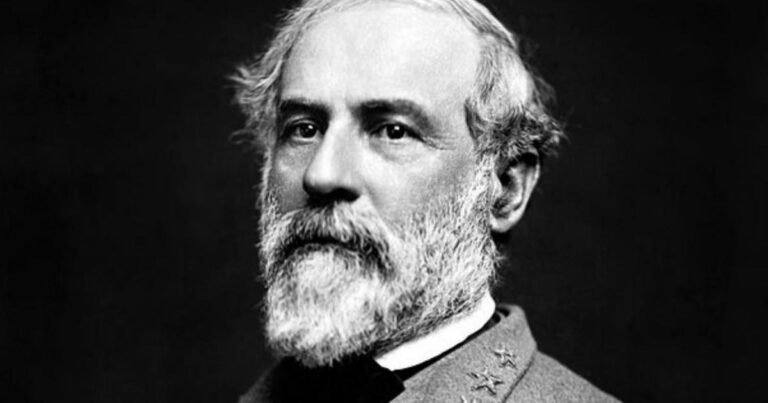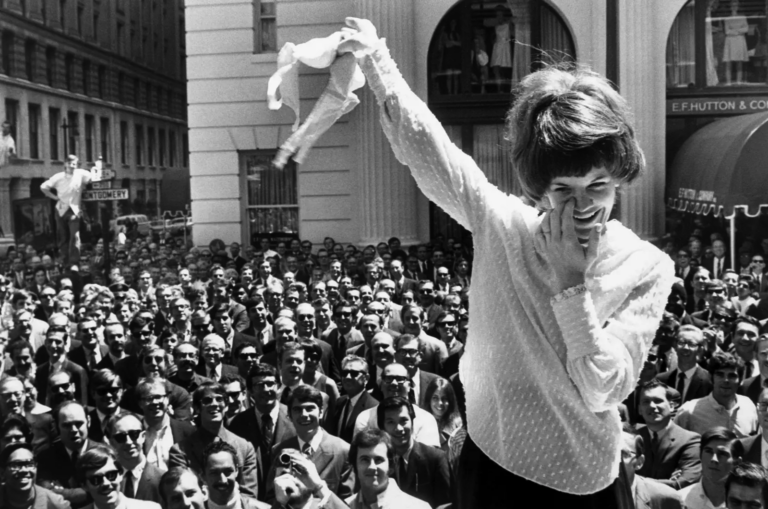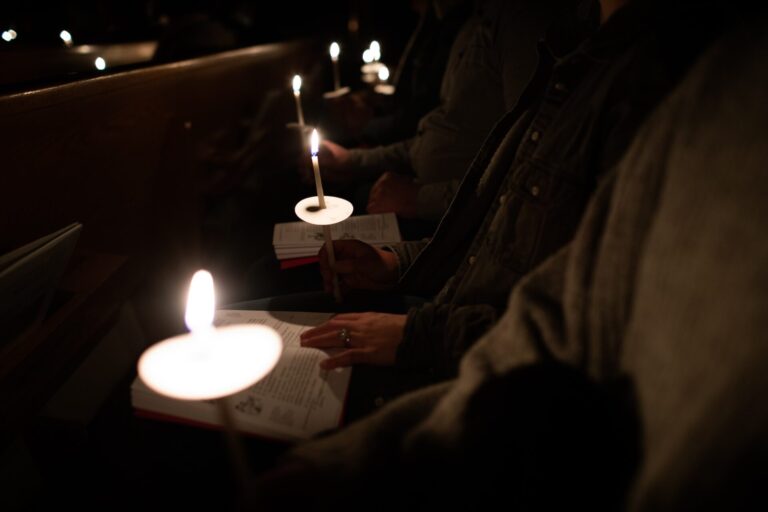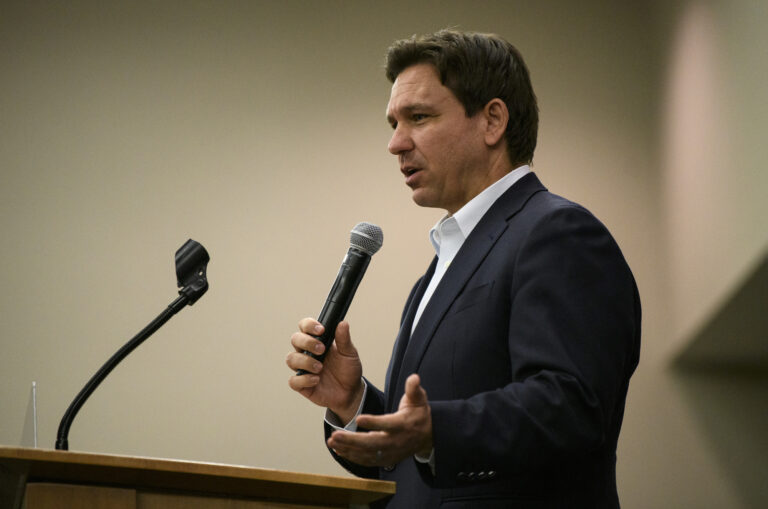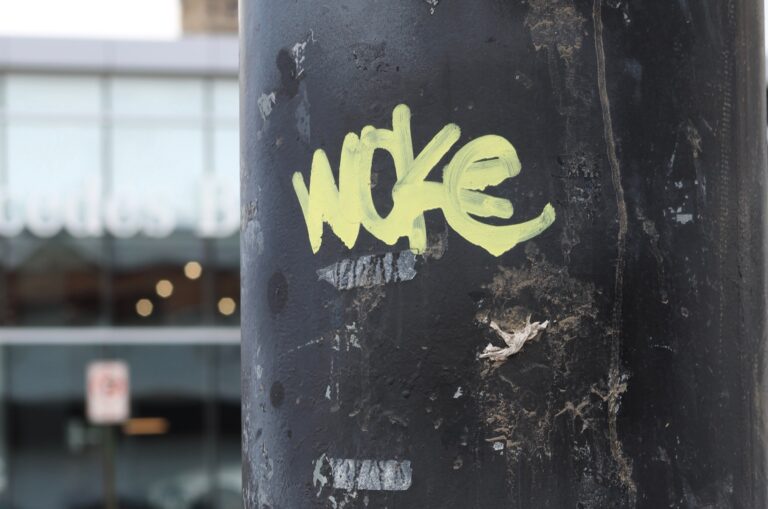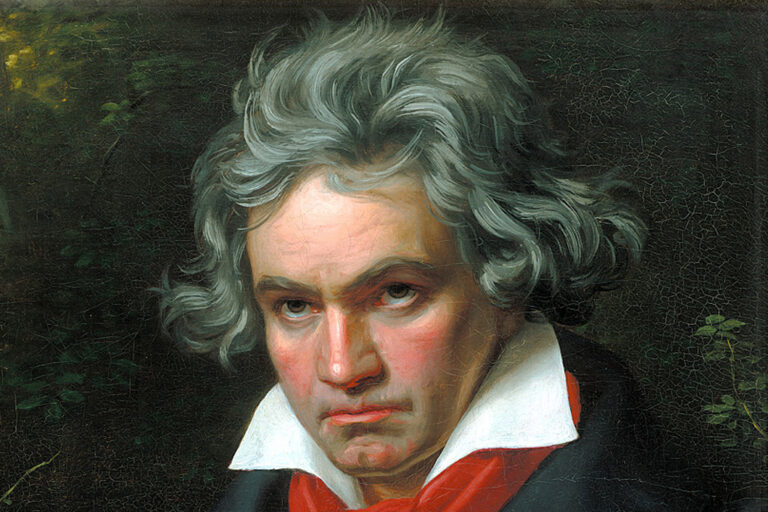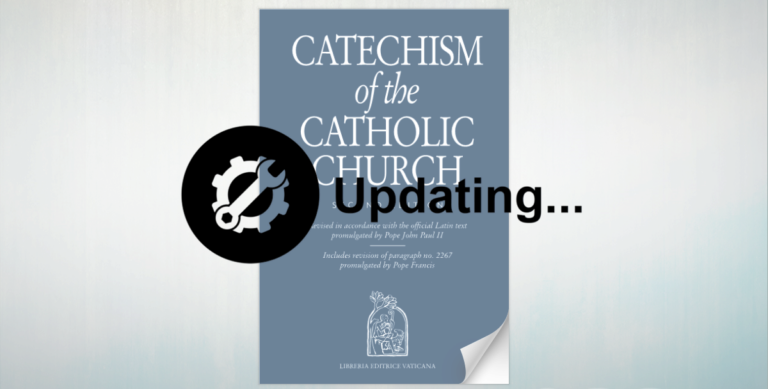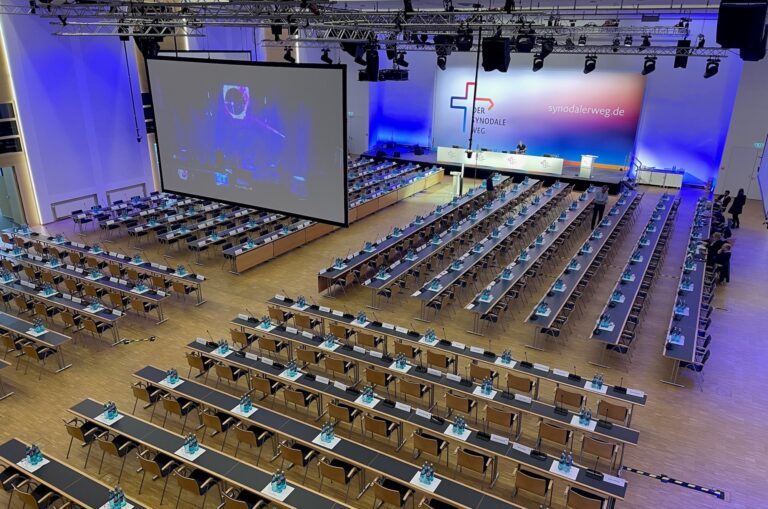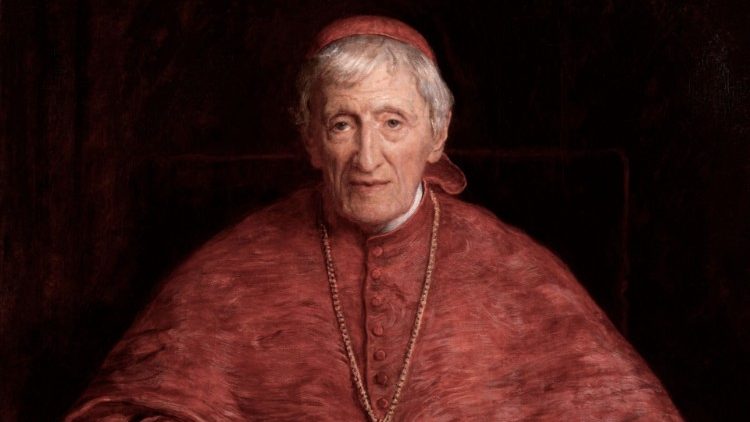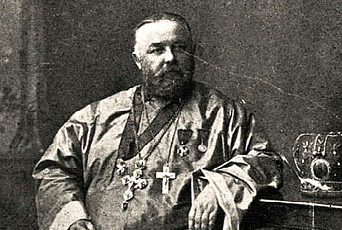God and Man’s Best Friend
I don’t think it is wrong to mourn for a beloved pet, as long as our affection for them helps us to live more simply and grow in love for God and neighbor.
Dostoevsky for Catholics (and Everyone Else), Part II
Dostoevsky wished to show how a Christian could overcome the powerful grip of modern ideas that denied the existence of God and spiritual realities more generally.
Dostoevsky for Catholics (and Everyone Else), Part I
Dostoevsky represents one powerful reply to many of the cataclysmic changes that have swept modern Western civilization since the eighteenth century.
The Pope, the Bishops, and the Church’s Crisis of Trust
Trust in institutions is at an all-time low, and this includes the Catholic Church, whose leaders have done little to generate trust.
America Must Stay Out of Other Nations’ Ethnic Conflicts
The same pitfalls of well-meaning Americans going on the internet and crying for the United States to involve itself in ethnic conflicts applies just as well in the case of the Israeli-Palestinian conflict as in the case of Ukraine.
The Not So Strange Death of Religious Liberty
A number of long-term trends, including the collapse of mainline Protestantism, has led to the death of religious liberty, killed by the very groups who long defended it.
Robert E. Lee and the Nine Worthies
Is it a good thing for a Catholic publication to promote the life of Robert E. Lee as an example to be imitated?
The Last Temptation of the Lay Apologist
Lay apologists today, because of the media environment and other circumstances in society, face temptations that their predecessors did not; primary among them is the clickbait temptation.
With the Sexual Revolution, There Is No Slippery Slope
Once you embrace the Sexual Revolution’s totalizing moral logic, it inevitably undermines many of the beliefs we hold dear in Western life, since it contradicts those beliefs so thoroughly.
Is Traditionalist Catholicism a Sect?
Traditionalist Catholicism is much like a sect, sociologically speaking, but the wider Church should learn from that if she wants to survive in the modern world.
The Catholic Case for DeSantis
Though I am grateful for what Donald Trump did as president I plan to vote for Ron DeSantis this time around.
Wokeism Is Liberalism
Many associate Wokeism as a form of Marxism, but it’s more accurate to say it’s a form of Liberalism.
Beethoven and the Supersymmetry of Christ
Despite sin, death, decay, pain, and suffering, a greater harmony, greater beauty and love, exists. Beethoven captures this “supersymmetry” of Christ in music with his “Holy Hymn.”
The Magisterium of the iPhone Church
The debate over papal authority is actually a proxy for deeper questions, namely about the nature of the Church itself.
The Conservative Ghost Dance
Conservatives who appeal to traditional aspects of American polity as a means of defeating the new seemingly unstoppable threat to the world they have known are setting themselves up for disaster.
The Revolution Is Upon Us
Progressives, political or religious, figured out that you don’t need to have the masses on your side if you control who runs the bureaucracies.
Development of Doctrine and Its Discontents
Development of Doctrine—a legitimate way to understand how the Church’s teaching appears different in different ages—has become a way to introduce innovations contrary to the Church’s perennial teachings.
Is the Vatican Resurrecting the Failed “Ruthenian Option” for Traditionalists?
More than a century ago the Vatican cracked down on a small liturgical group within the Church in an effort to establish unity, to disastrous results. Is history repeating itself with today’s traditionalists?
